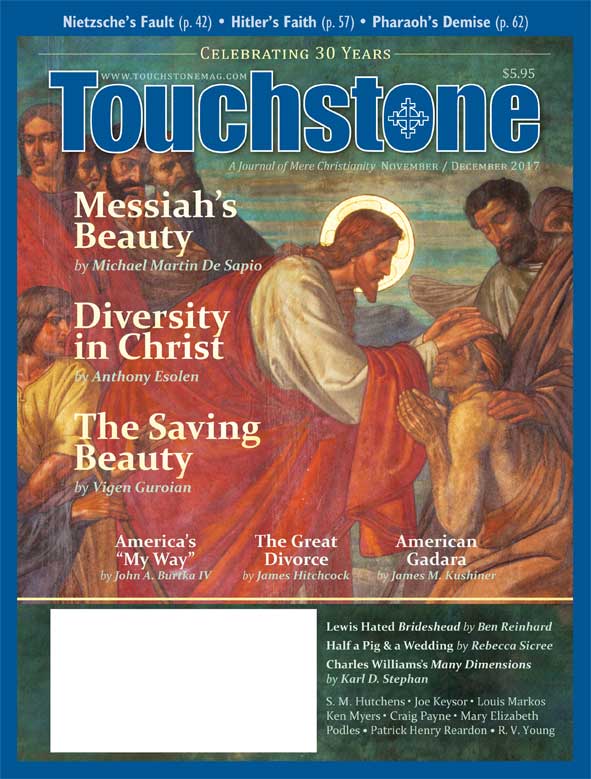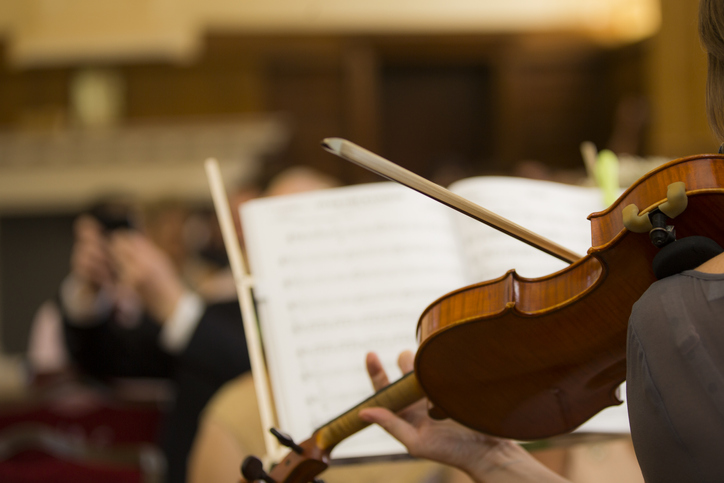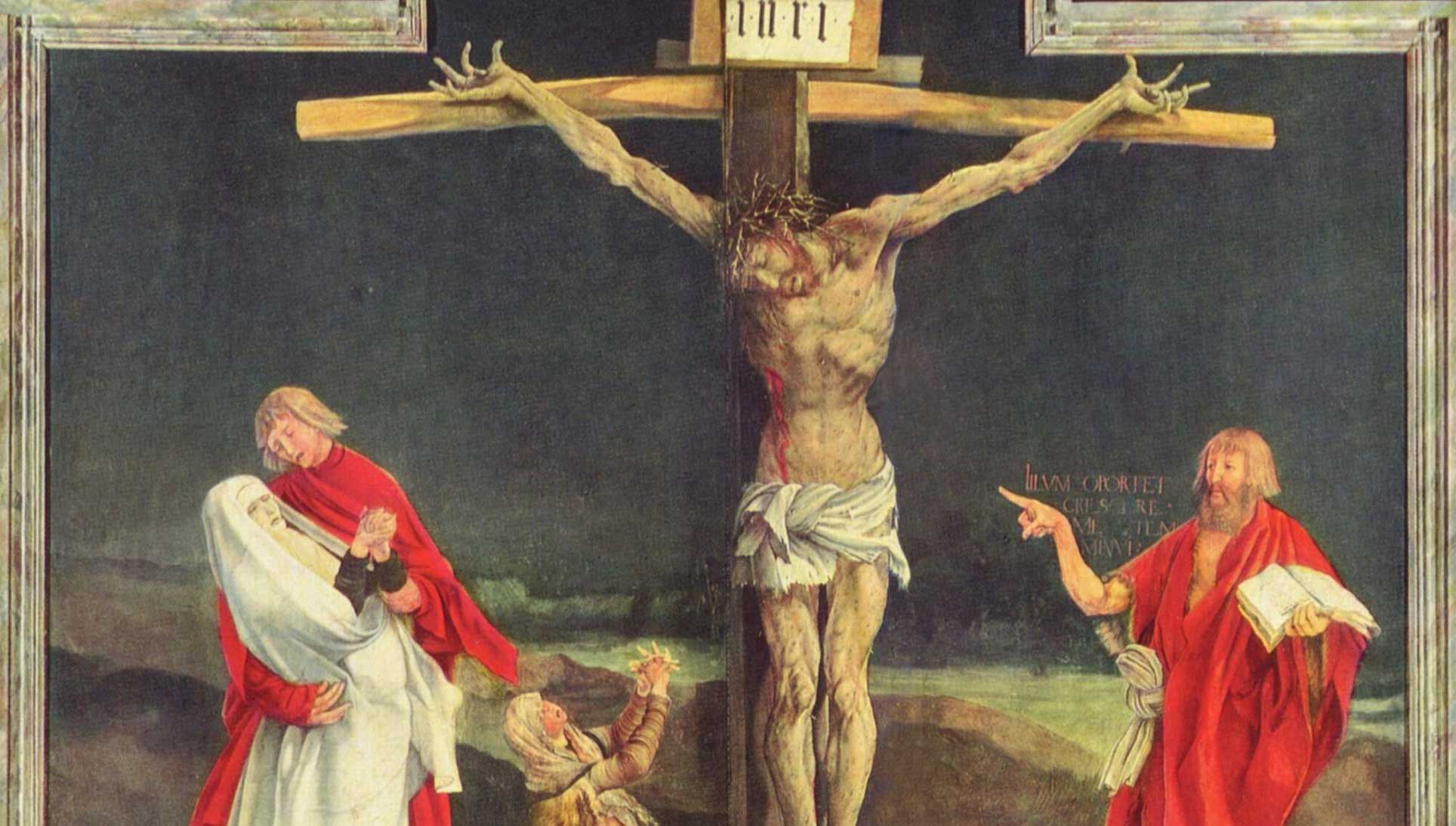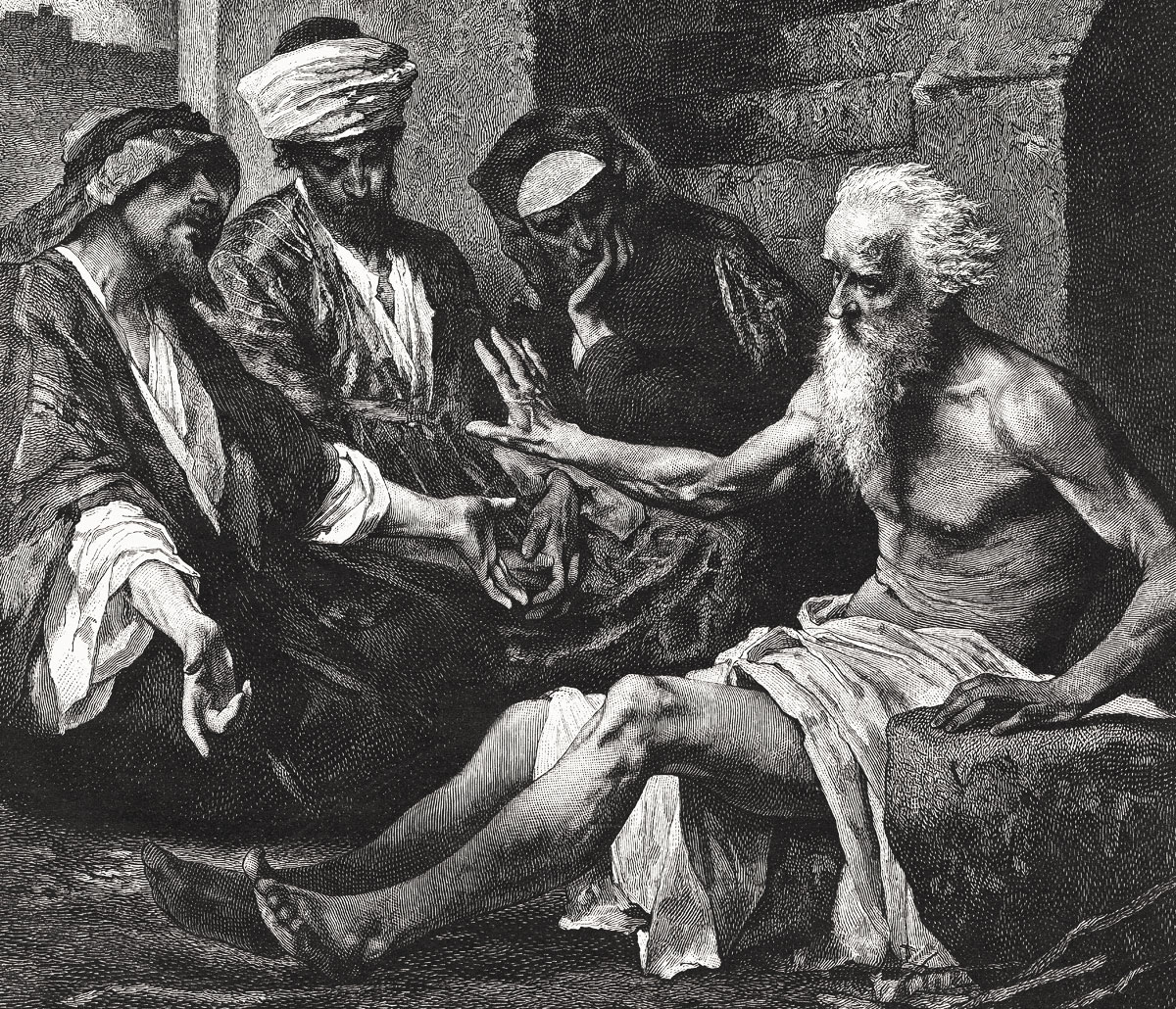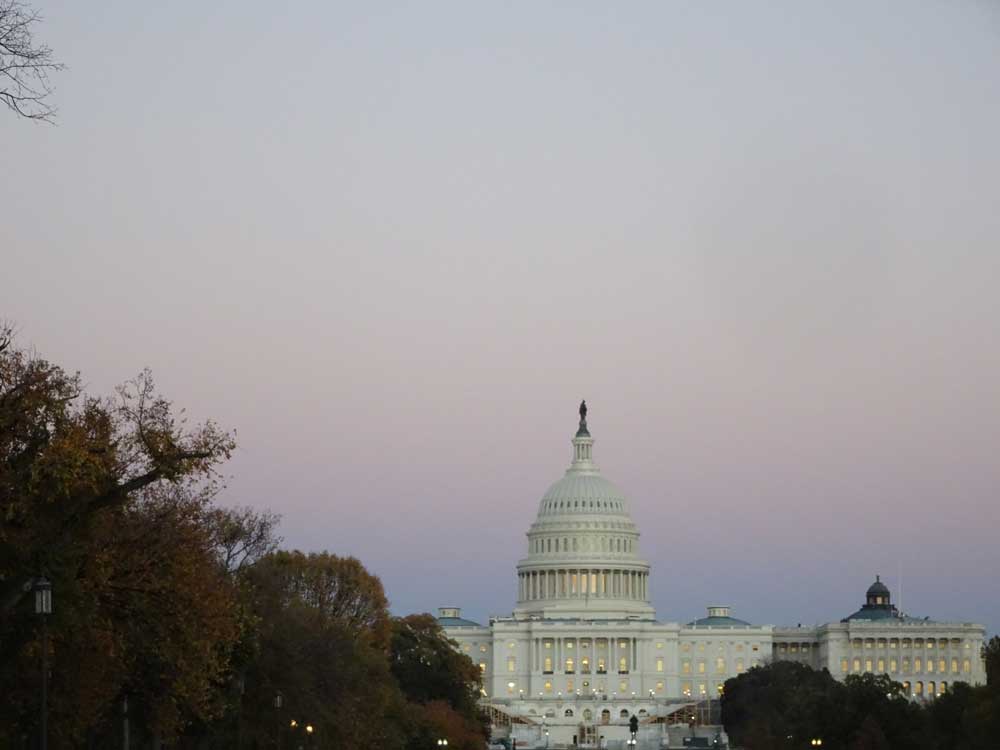From Heavenly Harmony
Taught by Melodious Sonnets
Familiar Christmas Hymns and More from Ralph Vaughan Williams—"Christian Agnostic"
No composer in the twentieth century had a greater influence on the English-speaking church's musical life—and on the presence of sacred texts in concert halls—than did Ralph Vaughan Williams. Born in 1872 to an English rector and the great-granddaughter of the potter Josiah Wedgwood, young Ralph (rhymes with "safe") studied piano and violin as a boy. At 18, he enrolled in the Royal College of Music before going on to Trinity College, Cambridge. In both settings he was tutored in composition by some of the giants of English church music in the Victorian era, including Hubert Parry, Charles Wood, and Charles Villiers Stanford. His classmates included his lifelong friend Gustav Holst (best known today for The Planets) and conductor Leopold Stokowski.
Vaughan Williams was not a child prodigy. By the time of his thirtieth birthday, he showed little evidence of outstanding compositional ability. But in 1904, his involvement in two musical projects ignited his imagination and changed the course of his career. That was the year he joined the Folk-Song Society, an organization founded in 1898 to recover native melodies in danger of being eclipsed by the influence (especially among music educators) of the strong German musical heritage. Along with the society's early members Sabine Baring-Gould, Cecil Sharp, and others, Vaughan Williams combed the British countryside for tunes and texts that were lodged in the memories of farmers and laborers, critically comparing variants and setting down lyrics and melodies for posterity.
All the Tunes of Worth
This was no merely academic enterprise; its fruitfulness became evident in the other project that occupied much of Vaughan Williams's time between 1904 and 1906. The same year he began tramping around the rural counties in search of rustic ballads, he was invited by a committee of clergy and laymen led by the Rev. Percy Dearmer to serve as music editor for The English Hymnal, eventually published in 1906. "I determined to do the work thoroughly," he later wrote about the Hymnal, "and that, besides being a compendium of all the tunes of worth which were already in use, the book should, in addition, be a thesaurus of all the finest hymn tunes in the world."
If the mission of the Folk-Music Society was nationally focused, The English Hymnal was anything but provincial in its content. As hymnologist Erik Routley wrote,the Hymnal enlarged the vocabulary of worship
by reintroducing to currency much that had been lost—tunes from the Genevan psalters of 1542–1562, tunes adapted from English folksongs, tunes from the 17th–18th-century Catholic revival in France, tunes from the Puritan psalters in their original forms and rhythms, tunes by Tallis, Gibbons, and Lawes, and tunes already familiar in corrupt versions often restored to their original versions: this not to mention Bach arrangements of German chorales.
But the aim of the editors was far from "inclusiveness." In fact, Vaughan Williams was adamant about the necessity of excluding certain hymn tunes that he believed were "positively harmful to those who sing and hear them."
For him, participating in and promoting bad music was not merely an aesthetic offense; it had moral consequences:
No doubt it requires a certain effort to tune oneself to the moral atmosphere implied by a fine melody; and it is far easier to dwell in the miasma of the languishing and sentimental hymn tunes which so often disfigure our services. Such poverty of heart may not be uncommon, but at least it should not be encouraged by those who direct the services of the Church.
In lieu of those mawkish Victorian melodies, Vaughan Williams revived, rehabilitated, or invented dozens of more reliable tunes. Sixteen melodies by Orlando Gibbons were included, and eight from his fellow Tudor composer Thomas Tallis. Four of Ralph's own hymn tunes were written for this Hymnal, including the majestic sine nomine, written to set the text of William Walsham How's invigorating poem "For All the Saints," and down ampney, which conveyed the mystical invocation in "Come down, O Love divine." Vaughan Williams also enlisted a number of contemporary English composers to contribute new hymn tunes for the Hymnal. From Gustav Holst he received three melodies, including cranham, to which is still sung Christina Rossetti's evocative Christmas poem "In the Bleak Midwinter."
Ken Myers is the host and producer of the Mars Hill Audio Journal. Formerly an arts editor with National Public Radio, he also served as editor of Eternity, the Evangelical monthly magazine, and This World, the quarterly predecessor to First Things. He also serves as music director at All Saints Anglican Church in Ivy, Virginia. He is a contributing editor for Touchstone.
bulk subscriptions
Order Touchstone subscriptions in bulk and save $10 per sub! Each subscription includes 6 issues of Touchstone plus full online access to touchstonemag.com—including archives, videos, and pdf downloads of recent issues for only $29.95 each! Great for churches or study groups.
Transactions will be processed on a secure server.
more on music from the online archives
more from the online archives
calling all readers
Please Donate
"There are magazines worth reading but few worth saving . . . Touchstone is just such a magazine."
—Alice von Hildebrand
"Here we do not concede one square millimeter of territory to falsehood, folly, contemporary sentimentality, or fashion. We speak the truth, and let God be our judge. . . . Touchstone is the one committedly Christian conservative journal."
—Anthony Esolen, Touchstone senior editor




